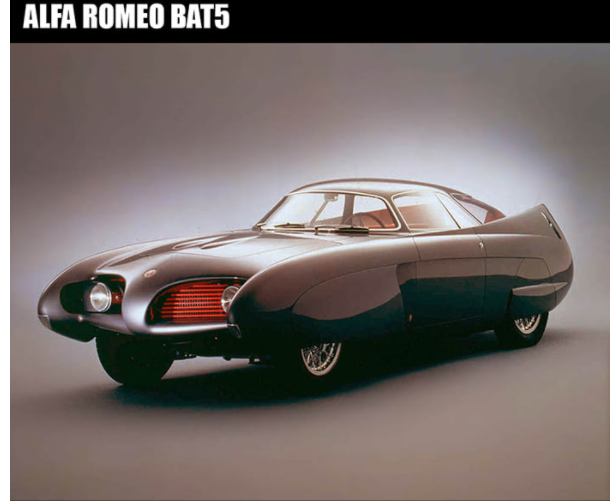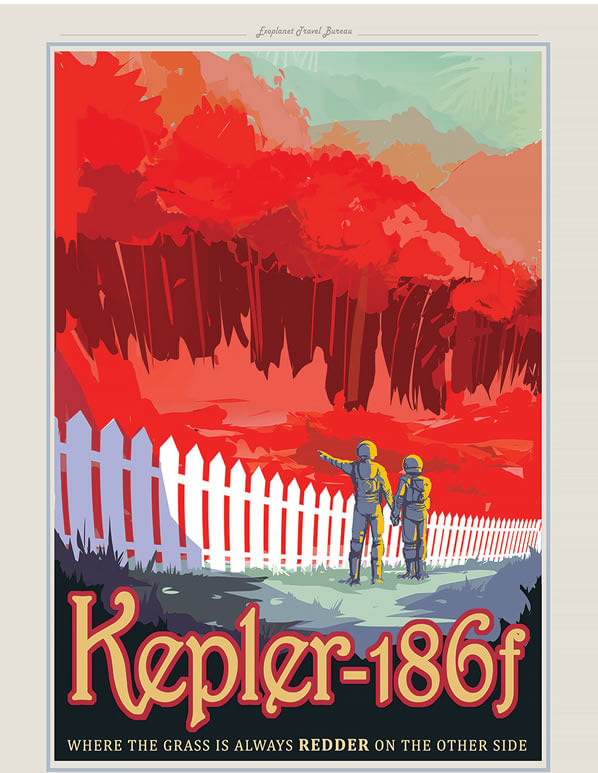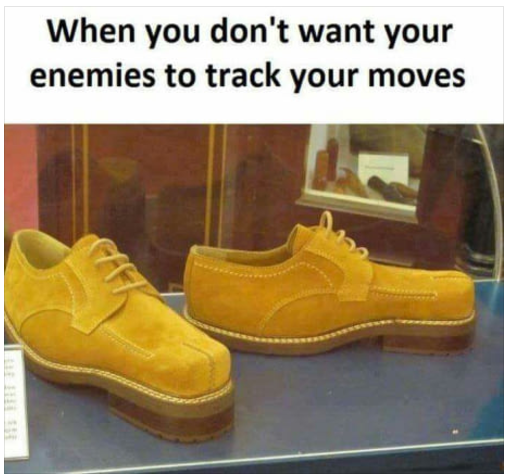Announcing the WebDev Guild
Hello Troops,
The Farpoint Space Education Center at Renaissance Academy, home of the new USS Voyager, is pleased to announce a new program for anyone with an interest in programming. In addition to our Saturday SCRATCH programming class for beginning programmers, we now offer WebDev for those ready to go beyond SCRATCH and start learning something more useful in the real world.
Read to learn more,
Mr. Williamson
Calling all budding programmers!
Want to learn how to develop websites? Want to get involved in programming controls and panels for the space centers? Read on!
I'm pleased to announce the WebDev Guild, an independent guild for the next generation of web developers. The demand for good Web Developers is exploding - the WebDev Guild will help to prepare you to meet that demand. Through meet-ups, training videos, and the advancement program, in a short time, you'll become prepared to take on real jobs making real websites. The program will also serve as a way to get involved in programming controls for the Voyager and other simulators.
 |
| Alex Anderson of the WebDev Guild in the Voyager Control Room |
The WebDev Guild is designed for anyone to be able to get involved, learn, and get the help they need. We separate Guilders by three ranks: Apprentice, Journeyman, and Master. Each rank has several badges which cover aspects of web development (such as HTML, CSS, JavaScript, and using the command line terminal) and which lead up to a final project to complete before achieving each rank.
The requirements for the badges have explanations, learning resources, and step-by-step assignments to complete. WebDev Guilders (or guild members) are encouraged to learn on their own with the resources provided. In addition, every WebDev Guilder will have access to a team of mentors who can answer questions and guide them through their learning. Finally, we will have regular meetings to coordinate efforts and provide in-person training for the badges. Think of it like Boy or Girl Scout troop meetings.
 |
| The WebDev's Matt Ricks Confused by Ancient Technology |
We won't just cover Web Development topics either. We're currently putting together resources for UI design, general application development, electronics and hardware programming, analytics and statistics and more. Everyone can find something interesting to learn in the WebDev Guild.
 |
| The WebDev's Isaac Ostler (in blue) knows his programming, but also knows his simulators. |
Want to get involved? Here's what you should do:
* Check out the advancement guide: https://webdev-guild.github.io
* Join our discussion group on Discord: https://discord.gg/PUcnnjV
* Want to be a mentor? Get in touch with one of the current mentors: https://webdev-guild.github.
Finally, come to our first guild meeting! All are welcome, regardless of age or experience. Our gracious host is Farpoint's Voyager Club. Our first meeting will be on Saturday, September 9th at 9:30 AM at Renaissance Academy. Meetings will continue every other week.
We look forward to you joining us and can't wait to see what you make!
Alex & Crystal Anderson, Matt Ricks, and Isaac Ostler
The Farthest Operating Spacecraft, Voyagers 1 and 2, Still Exploring 40 Years Later. The Space Probes the USS Voyager was named after in 1990.
This year marks the 40th anniversary of the launch of the world’s farthest and longest-lived spacecraft, NASA’s Voyager 1 and 2. Four decades ago, they embarked on an ambitious mission to explore the giant outer planets, the two outermost of which had never been visited. And since completing their flybys of Jupiter, Saturn, Uranus and Neptune in 1989, they have been journeying toward the farthest reaches of our solar system – where no spacecraft has been before. These two intrepid spacecraft continue to return data to NASA daily, offering a window into the mysterious outer realms of our solar system and beyond.
The Voyager spacecraft were launched during a very short window that took advantage of a unique alignment of the four giant outer planets – one that would not occur again for another 176 years. (Try this lesson in calculating launch windows to get an idea of how it was done.) Launching at this point in time enabled the spacecraft to fly by all four planets in a single journey, returning never-before-seen, close-up images and scientific data from Jupiter, Saturn, Uranus and Neptune that greatly contributed to our current understanding of these planets and the solar system.
I named the Christa McAuliffe Space Education Center's first simulator "Voyager" after these two space craft in 1990.
Happy 40th Anniversary to the Voyagers! May their journey's find happy endings.
Mr. W.
The Imaginarium





























































































































































































